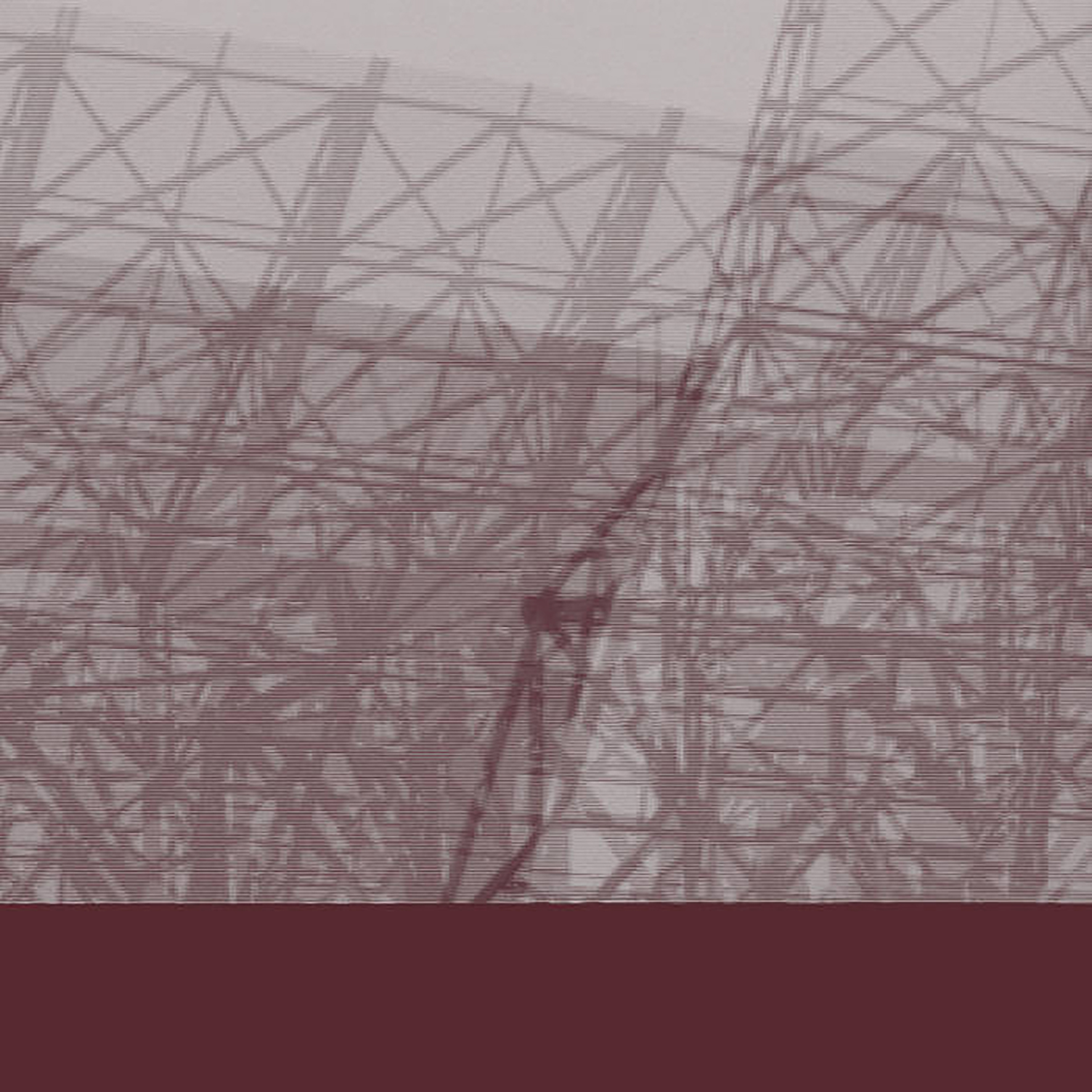 This latest release from Robin Rimbaud is hopefully the first of many deep dives into the Scanner archives, as he ambitiously spent part of his lockdown digitizing and mixing his unreleased work from the '80s. The big story, of course, is that Earthbound Transmissions features some of Rimbaud's early work with appropriated phone conversations that predates Scanner's 1993 eponymous debut. Those scanned calls are only one facet of these recordings, however, as this album documents a formative experimental stage immediately after Rimbaud's acquisition of a "luxuriously expensive" Fostex 280 four-track recorder, which he combined with a Digitech RDS 7.6 Time Machine to make looping, layered sound collages. For the most part, Earthbound Transmission feels like an unusually strong release from the '80s DIY noise cassette scene (albeit more on the "murky ambient" side of the spectrum), but there are also a handful of pieces that legitimately feel like lost Scanner classics.
This latest release from Robin Rimbaud is hopefully the first of many deep dives into the Scanner archives, as he ambitiously spent part of his lockdown digitizing and mixing his unreleased work from the '80s. The big story, of course, is that Earthbound Transmissions features some of Rimbaud's early work with appropriated phone conversations that predates Scanner's 1993 eponymous debut. Those scanned calls are only one facet of these recordings, however, as this album documents a formative experimental stage immediately after Rimbaud's acquisition of a "luxuriously expensive" Fostex 280 four-track recorder, which he combined with a Digitech RDS 7.6 Time Machine to make looping, layered sound collages. For the most part, Earthbound Transmission feels like an unusually strong release from the '80s DIY noise cassette scene (albeit more on the "murky ambient" side of the spectrum), but there are also a handful of pieces that legitimately feel like lost Scanner classics.
The opening "The Canonization" is a solid and representative example of the baseline aesthetic of Earthbound Transmissions, as it unfolds as a roiling and murky sea of grayscale drones. As a composition, it is not particularly memorable, but the actual notes played are secondary to the hissing, clouded, and frayed textures that Rimbaud conjures. That is not quite enough to make it an album highlight, but it is a damn good starting point for some of the other pieces, as one or two imaginative touches can easily transform that foundation into something hauntingly beautiful. Such welcome innovations start to appear with the following "Comus," which uses clattering metal, an obsessive ticking rhythm, and voice fragments to evoke a tense and enigmatic scene from a gloomy Cold War-era train station in Eastern Europe (like a John Le Carré novel, but artier and more hallucinatory). "Split Substance" is better still, as a chopped and garbled male voice combines with pulsing string samples for something resembling a haunted radio broadcast. The next run of hits kicks off with "His Begging Bowl," in which a found recording recounts the poignant final moments of a beloved family dog over a backdrop resembling a smearing music box melody. Weirdly, it sounds like it is about to become a Daft Punk anthem at one point, but instead veers into trance-like, Oval-esque repetition. The two "Drones Places" pieces that follow are mesmerizing as well. The first is a pitch-perfect dose of shuddering industrial menace, while the second features static-drenched voices (some funny, some sad) crackling across a warmly, billowing ambient dreamscape. "Soft Endclose" is another scanned phone call gem, as a chaotic squall of noise and colorfully accented conversations fitfully unfolds over a minimal ambient shimmer. My other favorite pieces are the languorously melancholy and grinding industrial textures of "River Whispering Run" and the wryly amusing plunderphonic groove of "Unhelpful." The remaining pieces are solid too, but there are probably four or five songs that rank among Rimbaud's finest work, which is not something I was expecting to find lurking in dusty thirty-year-old tapes of unreleased music.
Samples can be found here.
Read More

